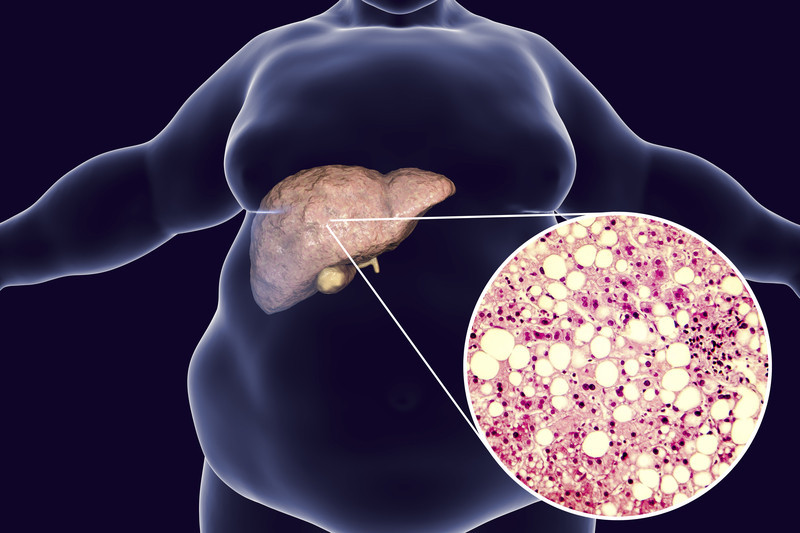Your liver is one of the hardest-working organs in your body, playing a crucial role in detoxification, digestion, and metabolism. However, when it starts to struggle, it sends out distress signals that should not be ignored. Here are ten warning signs that your liver might be in trouble:
1. Fatigue and Weakness
Persistent tiredness and general weakness can be a sign that your liver is not functioning properly. The liver is responsible for converting nutrients into energy. When it’s struggling, you may feel unusually fatigued.
2. Jaundice
A yellowing of the skin and eyes, jaundice occurs when there’s an excess of bilirubin in your body, a substance your liver usually processes. This is a clear indicator that your liver is not doing its job effectively.
3. Swelling in the Abdomen
An enlarged liver can cause your abdomen to swell, a condition known as ascites. This swelling might also be accompanied by pain or discomfort in the upper right side of your abdomen.
4. Dark Urine
If your urine becomes dark, it might indicate an excess of bilirubin in your system due to liver malfunction. This symptom often accompanies jaundice and should be addressed immediately.
5. Pale Stool
A healthy liver excretes bile salts into the stool, giving it a brown color. If your stool is pale or clay-colored, it could mean your liver is not producing enough bile, signaling a problem.
6. Nausea and Vomiting
Chronic nausea and vomiting can be linked to liver issues. The liver helps filter out toxins, and when it’s not working correctly, these toxins can build up, causing digestive disturbances.
7. Loss of Appetite
A sudden decrease in appetite can be a sign of liver disease. If your liver is struggling, it can impact your overall metabolism and cause a lack of desire to eat.
8. Bruising Easily
If you notice that you’re bruising more easily than usual, it could be due to a decrease in the proteins necessary for blood clotting, which are produced by the liver.
9. Chronic Itching
Itching, particularly all over the body, can be a symptom of liver disease. This occurs because bile salts can accumulate under the skin when the liver is not functioning properly.
10. Confusion and Cognitive Impairment
Hepatic encephalopathy is a decline in brain function due to severe liver disease, leading to confusion, memory problems, and even personality changes. This is caused by the buildup of toxins in the bloodstream that the liver is unable to process.
What to Do If You Notice These Symptoms
If you recognize any of these symptoms, it’s crucial to seek medical attention immediately. Early diagnosis and treatment can prevent further liver damage and improve your overall prognosis. Here are some steps you can take:
- Consult a Doctor: Schedule an appointment with your healthcare provider to discuss your symptoms and get a proper diagnosis.
- Get Tested: Blood tests, imaging scans, and possibly a liver biopsy might be necessary to determine the extent of liver damage.
- Lifestyle Changes: Adopt a liver-friendly diet, limit alcohol intake, avoid unnecessary medications, and maintain a healthy weight to support liver health.
- Follow Treatment Plans: If diagnosed with a liver condition, adhere strictly to your doctor’s treatment plan, which may include medications, lifestyle modifications, or other interventions.
Conclusion
Your liver is a vital organ, and recognizing the signs of its distress can help you take proactive steps to protect your health. Don’t ignore these symptoms—early detection and intervention are key to maintaining a healthy liver and a healthy life.
Originally posted 2024-06-28 12:43:04.


